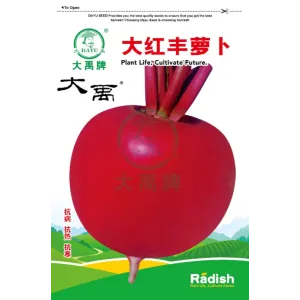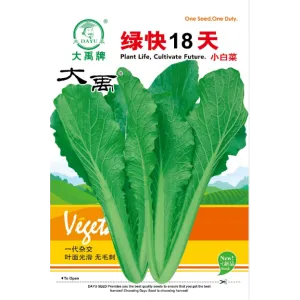Seasonal Planting: When to Sow Your Vegetable Seeds for a Year-Round Harvest
One of the joys of gardening is the ability to enjoy a fresh harvest of vegetables throughout the year. To achieve a year-round supply of homegrown produce, it's essential to understand the art of seasonal planting. This practice involves sowing specific vegetable seeds at the right times to take advantage of each season's unique conditions.
The Benefits of Seasonal Planting:
Explain why seasonal planting is important, highlighting the advantages of a year-round harvest, reduced costs, and sustainability.
Understanding Your Climate:
Emphasize the significance of knowing your local climate and frost dates, as this knowledge will dictate your planting schedule.
Spring Planting:
Detail the best vegetables to plant in the spring and provide a planting schedule for each region. Mention cool-season crops like peas, lettuce, and radishes.
Summer Planting:
Discuss summer planting, including warm-weather crops such as tomatoes, peppers, and cucumbers. Explain the importance of providing adequate water and shading during hot months.
Fall Planting:
Explore the possibilities of a fall garden, focusing on vegetables like carrots, broccoli, and spinach. Mention the advantages of reduced pests and extended growing seasons.
Winter Planting:
Address the concept of winter gardening, including cold-tolerant vegetables like kale, Brussels sprouts, and garlic. Explain methods for protecting plants from frost.
Year-Round Greenhouse Gardening:
Touch upon greenhouse gardening for those who want to grow vegetables during the coldest months. Discuss suitable greenhouse structures and heating methods.
Crop Rotation and Succession Planting:
Explain the importance of crop rotation and succession planting to maximize space and prevent soil depletion.
Companion Planting and Pest Management:
Highlight the role of companion planting in deterring pests and promoting a healthy garden ecosystem.
Tips for Successful Year-Round Harvesting:
Provide practical tips for gardeners, such as soil preparation, using row covers, and choosing the right varieties.
Seasonal planting is the key to enjoying a diverse and continuous harvest of homegrown vegetables. By understanding your local climate, making the most of each season's conditions, and employing smart gardening practices, you can have fresh produce on your table year-round. Whether you're a novice or experienced gardener, embracing seasonal planting can turn your garden into a bountiful source of fresh and delicious vegetables throughout all four seasons.
Related:






评论
发表评论